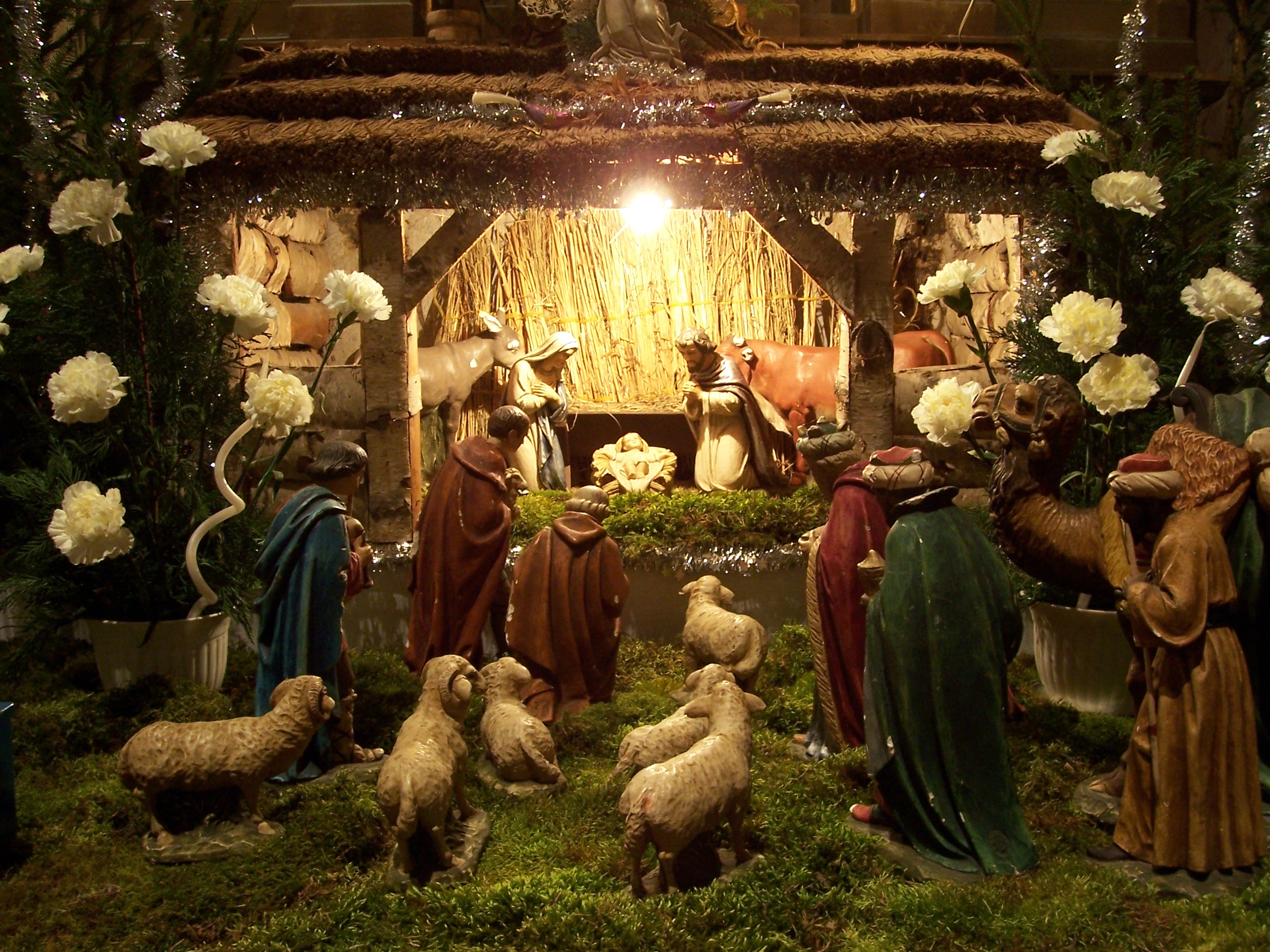A lot of times in the work that we do at the Council we preface our comments, blogs or presentations with the words, “it’s complicated”. The Syrian refugee crisis is complicated. Immigration reform is complicated. Climate change is complicated. And it is. History is complicated and so are people’s motives and interpretations. However, often that becomes code for, “so I’m not going to do anything about it.” In a recent, tragic example the choice not to indict the officers who shot and killed 13-year-old Tamir Rice was described as a “difficult decision” based on a series of actions representing a “perfect storm of human error, mistakes and miscommunication.” In other words, it was complicated.
I am not able to uncomplicate history and politics but I can preach the Gospel.
I can look at Matthew’s telling of the coming of the Magi and realize that the Magi had a difficult choice to make. Do they tell Herod where the baby is? The Magi are forced to make hard decisions with less than full information and with no preparation while in a foreign land where they were hardly inconspicuous. Complicated? Definitely. Hard? Absolutely. Scary? Unquestionably. Excuse for doing nothing? Absolutely not.
While we would like to believe that we live in a time different from that of King Herod, we still face complicated problems and corrupt leadership. I find it tragically ironic that the Tamir Rice verdict falls the same week as the lectionary text of the Magi visiting Jesus, and Herod’s consequent slaughtering of the innocents. There is no more justice today than there was thousands of years ago. There is no justice when people receive a minimum wage instead of a living wage. There is no justice when we deprive people of health care because we are afraid of “socialized medicine.” There is no justice when we deny rising temperatures and sea levels even though it was the warmest Christmas Eve on record. There is no justice in a judicial system when identical crimes lead to different sentences. There is no justice when those who are called to protect and serve murder innocents.
We respond to injustice in the same way that the Magi responded to Herod. We won’t tell him where the baby is, and we will oppose him as best we can by whatever peaceful means necessary. The Magi point to the star – the star points to Jesus and Jesus points to the poor, the marginalized, and the oppressed.
January 6 is Epiphany. We celebrate the light that shines in the darkness that led the Magi to the baby, and this baby grew up to become the Light of the world. Jesus’ love conquers all so that we do not have to hide our light for fear of the Herods of our time, who are real, and powerful, but whose tyranny in the end is an illusion. It is my prayer that one day the light of truth, of respect, of dignity, of radical acceptance and of justice will shine for the entire world to see.

